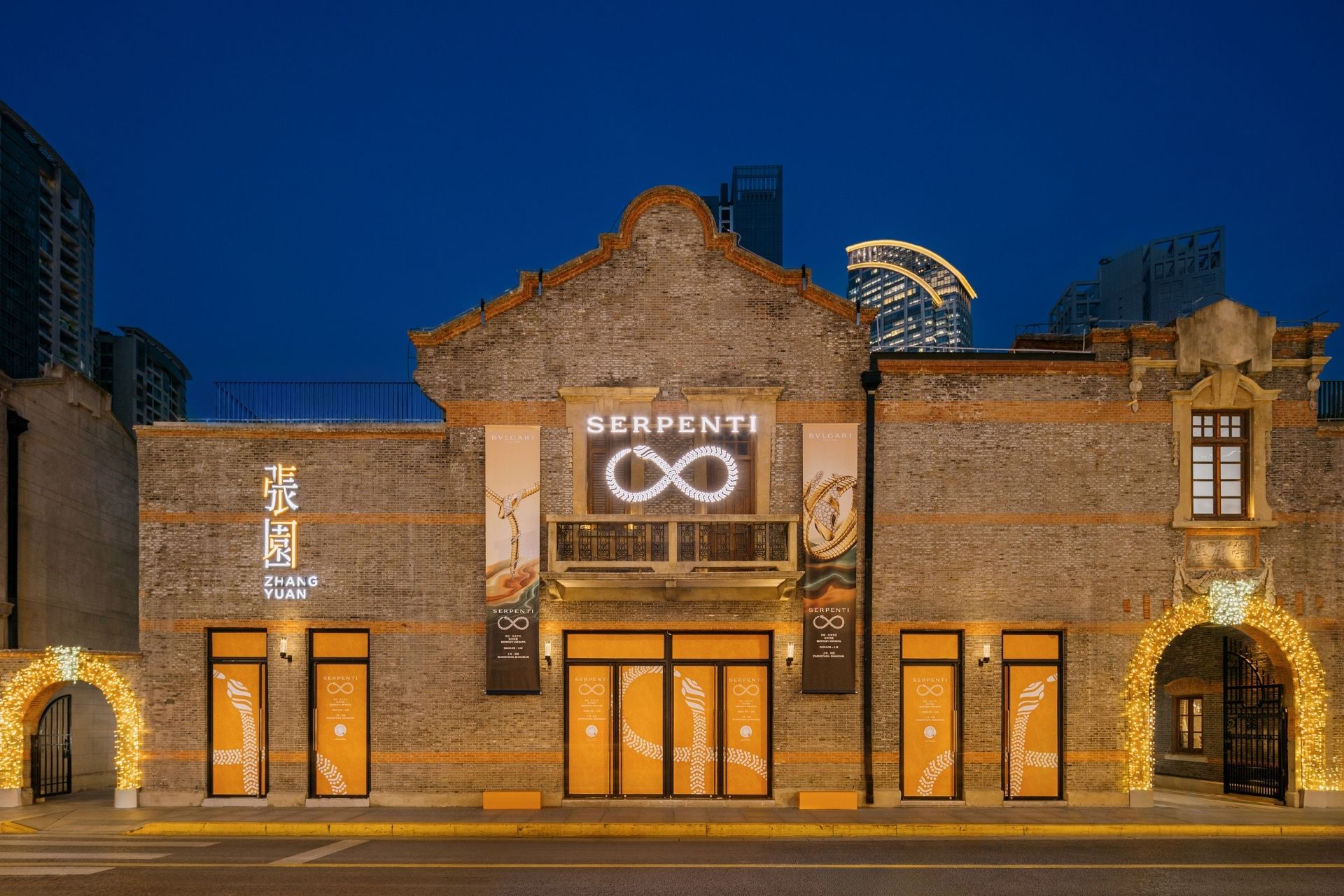While some industries have been hesistant to adapt, Bitcoin exclusive e-commerce platforms have already begun selling high-end luxury goods.

While some industries have been hesistant to adapt, Bitcoin exclusive e-commerce platforms have already begun selling high-end luxury goods.
Back in 2010, if you were to purchase bitcoins, 10,000 of them would have been enough to get you a few cups of coffee. Today, those 10,000 bitcoins would be worth approximately $86.67 million dollars. At first worth virtually nothing, Bitcoins have seen days where they were valued at $20,000 each to a now sobered down $8,700 dollars a piece.
Bitcoin, the first of its kind cryptocurrency, is a digital asset specifically created by Satoshi Nakamoto (a pseudonym, the real name of the inventor remains undisclosed to this day). The cryptocurrency was designed to work as a medium of exchange that uses cryptography to control its creation and management. Additionally, since the digital currency is based on the factor that there will only be 21 million of them, ever, it has value attached to its scarcity. And when products become scarce, just like in the case of the fancy vivid Pink Diamonds from the Argyle mines, the value skyrockets.
Societal Adaptation
While a relatively new form of payment, cryptocurrency has received mixed reactions from governments, institutions, and experts. The luxury industry as a whole has been at the forefront, hailing the digital gold as the next best thing. Hublot’s latest Big Bang Watch ‘Meca-10 P2P’ commemorates the 10th year anniversary of Bitcoins. As a limited edition watch, the Meca-10 P2P is priced at $25,000 and is the world’s first watch that can only be bought with Bitcoins.
Bitcoin exclusive e-commerce platforms such as BitDials, BitLuxuria and CryptoEmporium are already selling high-end luxury and fashion goods such as Lamborghinis, Bentleys, luxury watches, jewelry, high fashion, and various highly exclusive products and goods solely to customers who are willing to pay in Bitcoins. Another enterprise, The White Company, goes a step further. The company offers exclusive services wherein the high-end goods can be paid for anonymously in Bitcoins and delivered anywhere in the world with absolute anonymity.
Do you need to know more about driving innovation in e-commerce marketing?
Global Leaders
Possibly the first of its kind, as a ‘Crypto nation’, Switzerland is leading the way for other countries to accept cryptocurrencies. Switzerland, which so far had been famous for its banking systems, is the first country to officially integrate bitcoins into their financial systems. From buying luxury cars to paying for utilities and everyday items, the country has accepted bitcoins as a legitimate payment option and has incorporated the backend technology to be able to run, track and monitor the currency. Today, Bitcoin is widely accepted as currency in Switzerland, so much so that you can even buy bitcoins from most Teller Machines at Swiss National Railway Train Stations. For years, the city of Zug in Switzerland has been known to very corporate friendly. With approximately 14 percent corporate tax and various other aids, the city is home to over 400 crypto enterprises with each venture vying to offer disruptive solutions to different industries and verticals. No wonder the city of Zug is famously known as the "Crypto valley" of Switzerland.
Elsewhere in Japan, luxury car dealership L’Opeario now accepts Bitcoin as a form of payment through a cryptocurrency exchange. Bitcoins allow customers to easily pay the dealership via BTC payments within minutes. All done with a simple QR Code.
Global tech giant Microsoft has also started accepting bitcoins, allowing customers to redeem Bitcoins to deposit funds into their Microsoft account. The funds can then be further used to purchase games, movies, and apps in Windows and Xbox stores. The company so far has restricted the use of such funds for purchasing items in the Microsoft online store. Microsoft’s move is being seen as a global acceptance of the cryptocurrencies in the mainstream economy.
In April 2019, Ernst & Young announced that it will be soon releasing a zero-knowledge proof blockchain transaction technology to the public domain for advancement in blockchain privacy standards. This is after the company released a new tax tool for Cryptocurrencies reporting and compliance.
Disaster-Proof?
Traditionally, during a financial crisis, precious metals, the U.S. dollar, government bonds or real assets provide a safety net for investors. However, globally, there is a growing faith in cryptocurrencies. Considered to be devoid of any impact from any adverse international events, cryptocurrencies have found a new preference amongst digitally-savvy millennials. Experts believe that during a financial meltdown, the U.S. dollar valuation may become inflationary, leading to a steep rise in the valuation of cryptocurrencies since cryptocurrencies ideally are not tied to any specific country.
Besides acting as an investment asset, cryptocurrencies offer significant advantages over traditional payments. High-value, low-frequency transactions such as the purchase of a supercar or a luxury watch can become a hassle with various security checkpoints built into the modern financial systems. However, cryptocurrencies eliminate this concern and enable the transaction in a matter of minutes. Additionally, transaction fees for cryptocurrencies are significantly lower. Hence, when a purchase worth tens of thousands of dollars is involved, a one-time small payment of $5 is a paltry sum compared to the exorbitant fees paid otherwise.
Key Takeaways
How soon will cryptocurrencies accepted by policymakers? Only time will tell. But the fact of the matter is that cryptocurrencies are going to be around for a lot longer than most think. With global acceptance and governments already incorporating cryptocurrencies into their financial systems, it will pave way for more regulations, control, and transparency.
Facebook’s push to build its own cryptocurrency is proof that globally people are ready for the move and that the world will still be talking Cryptocurrencies well beyond 2020.









